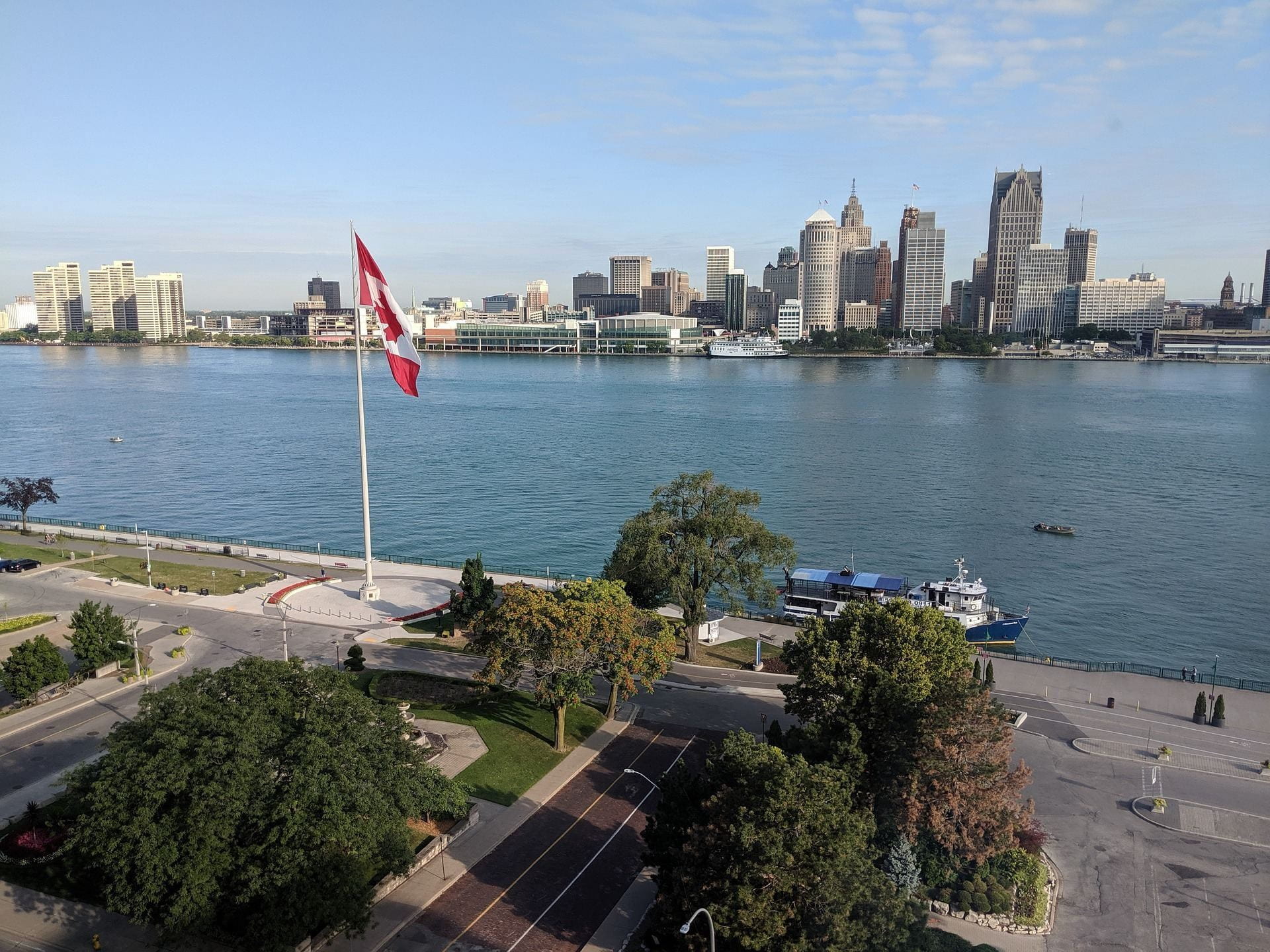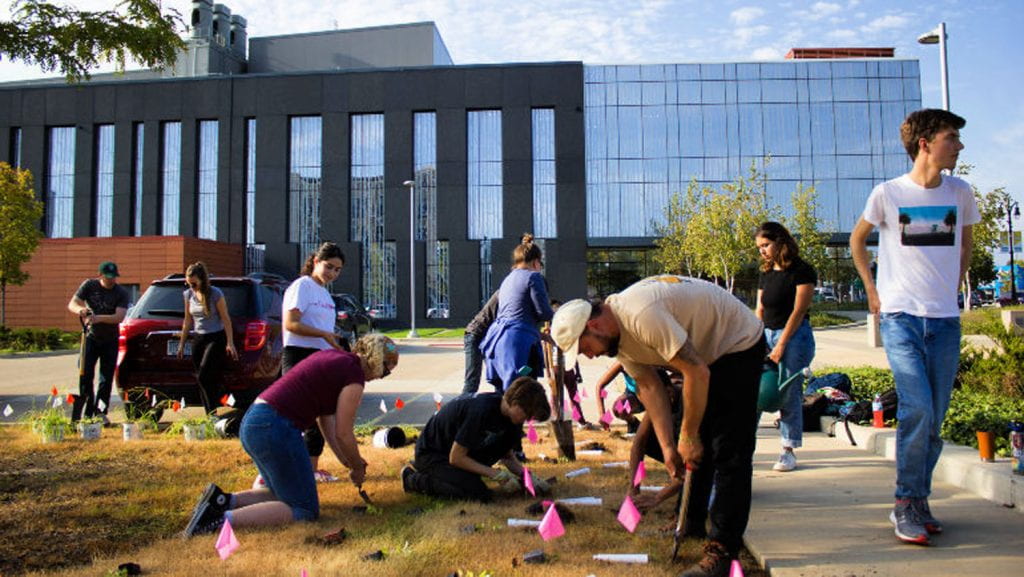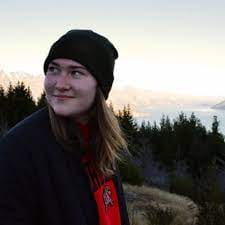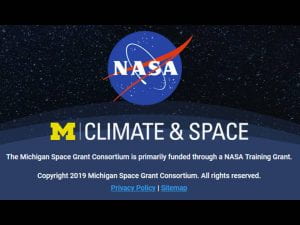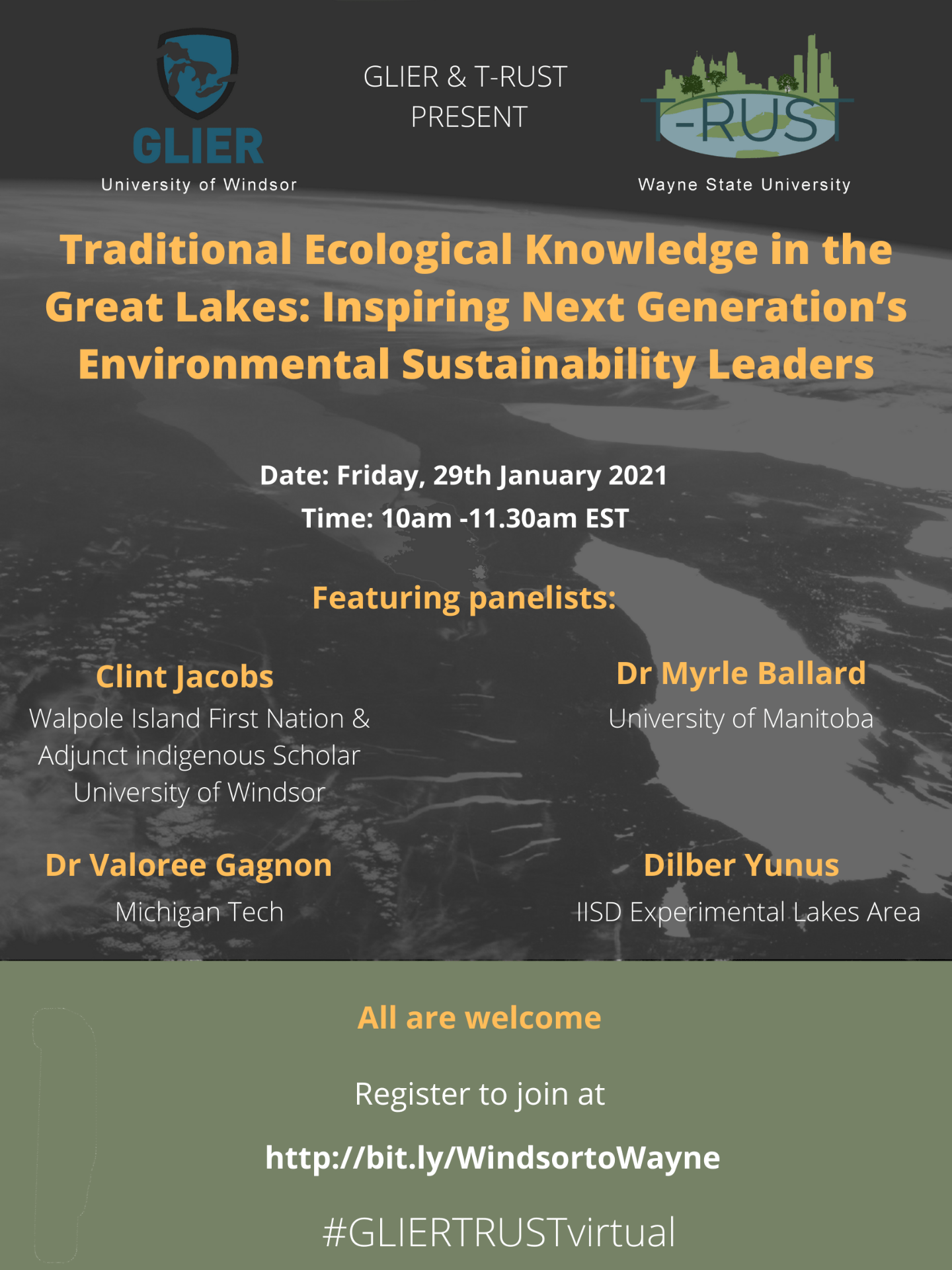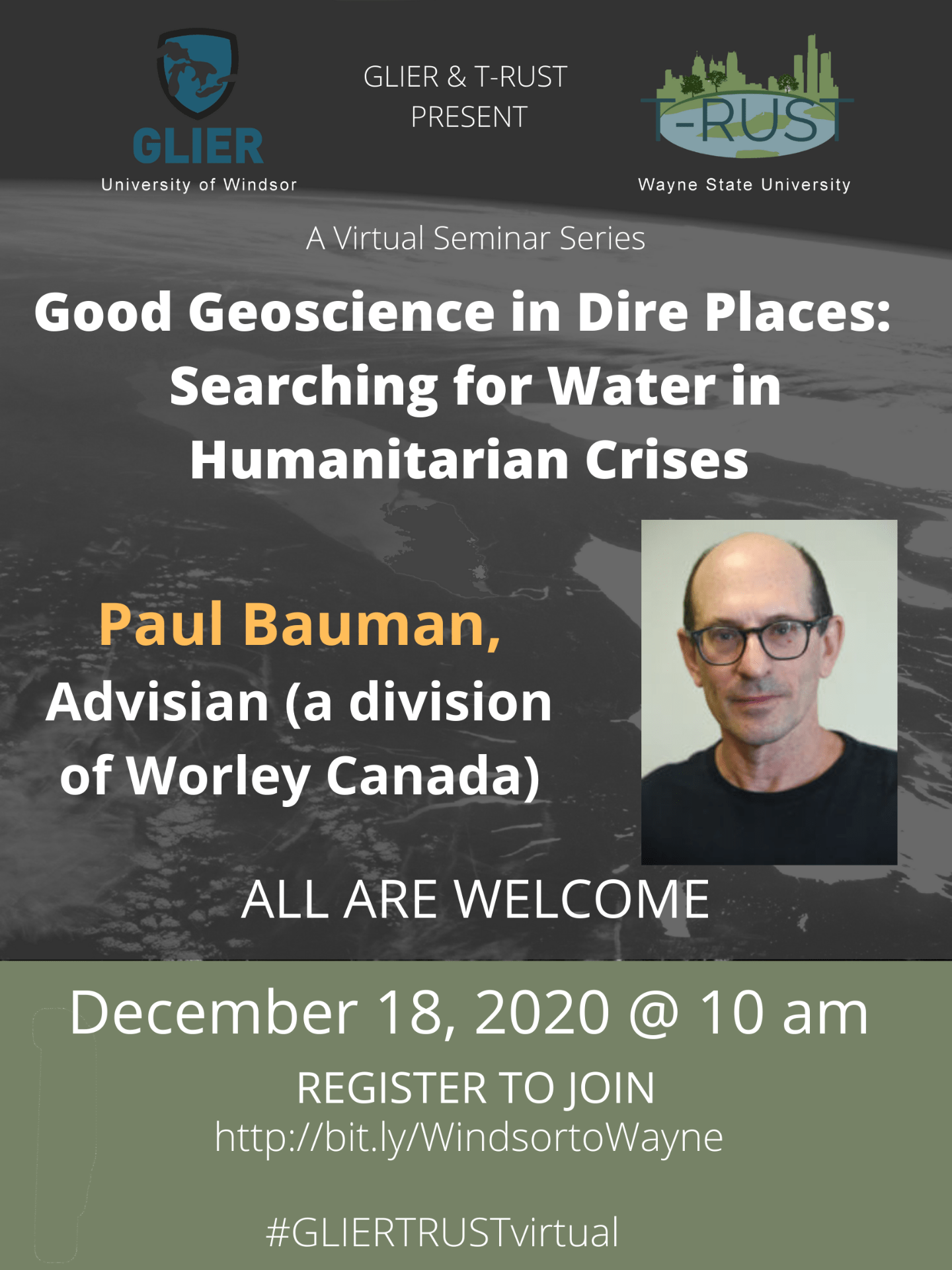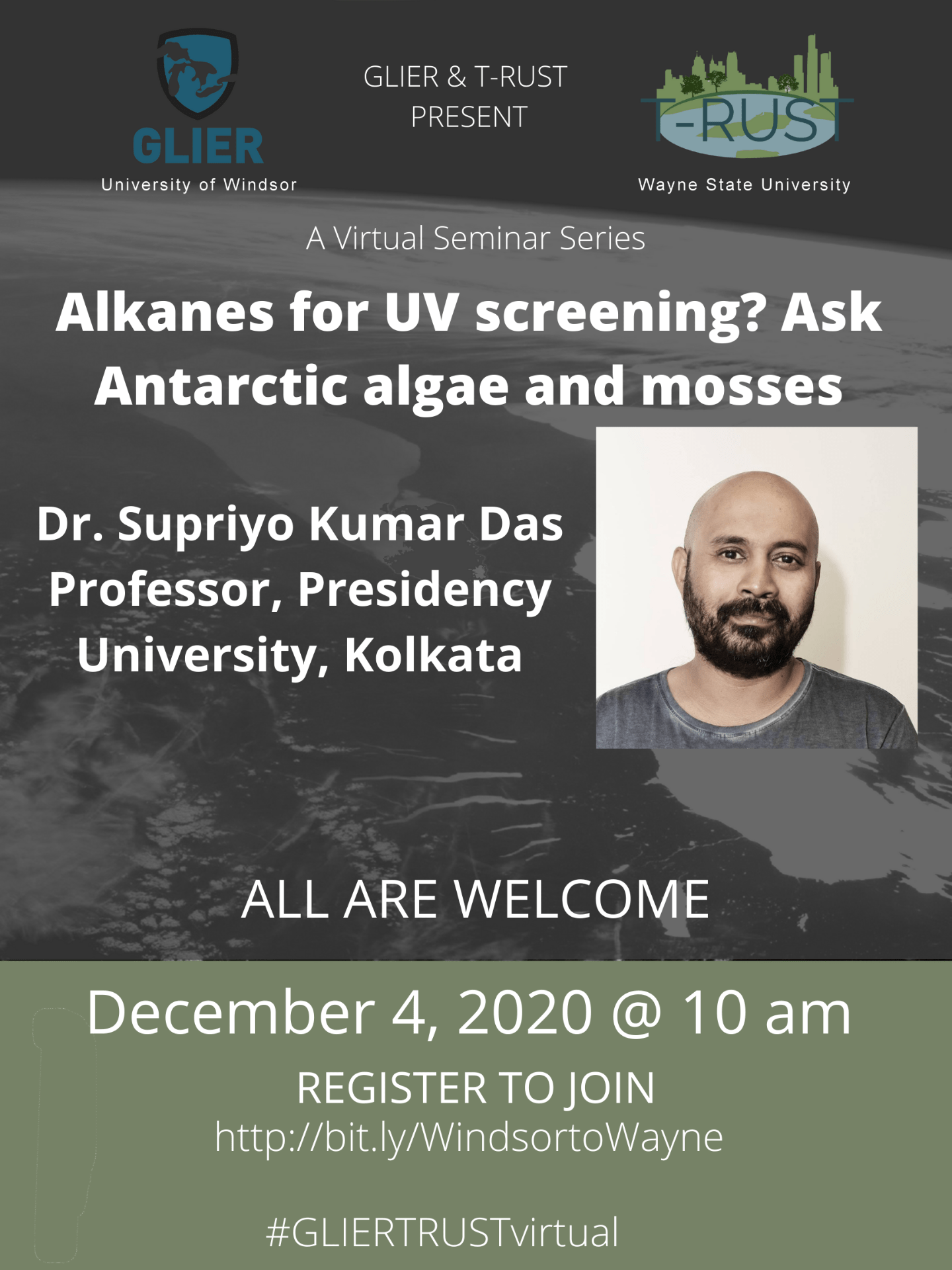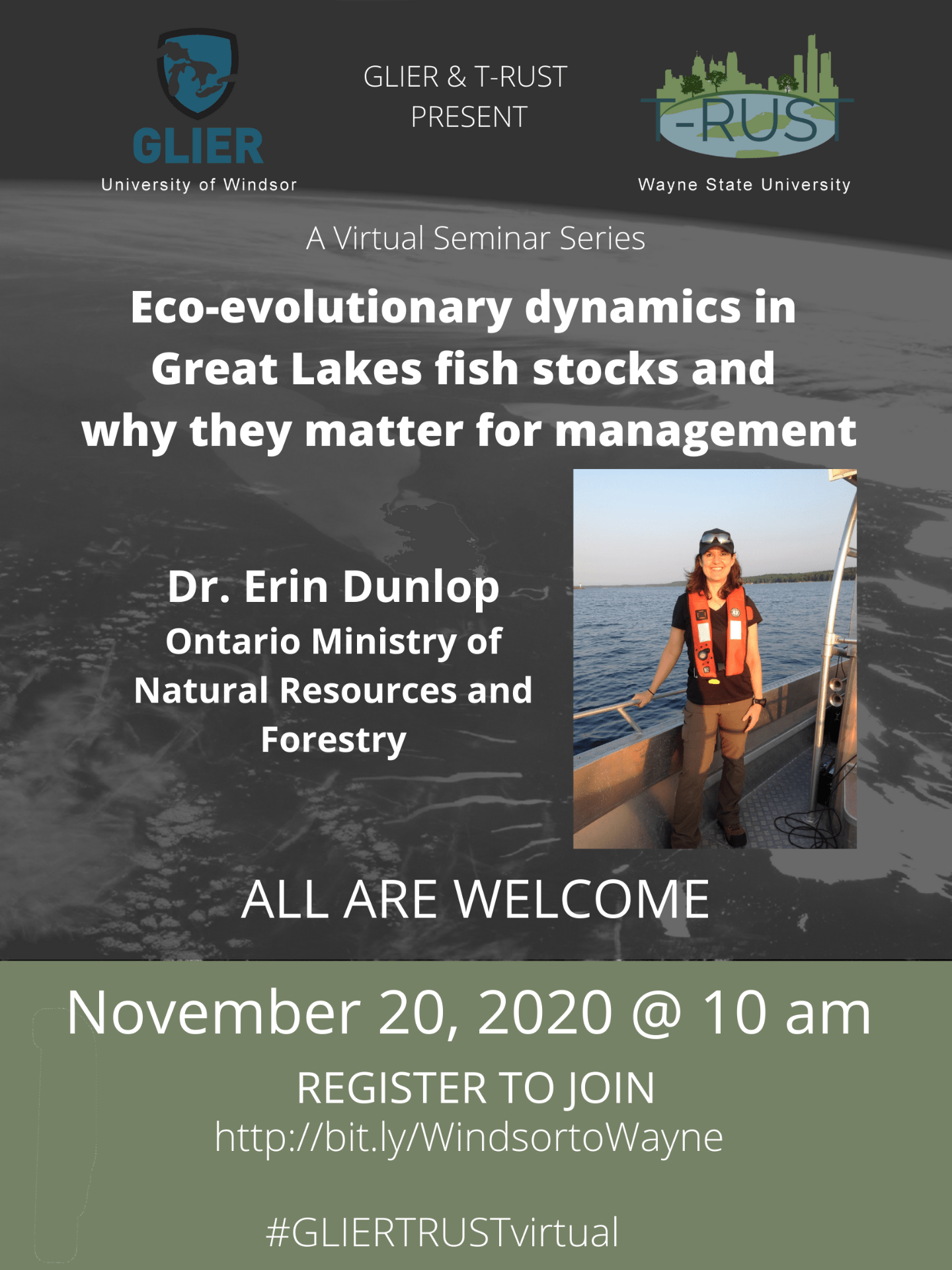As the sun sets on Wayne State University’s T-RUST program, it’s essential to recognize its transformative impact on urban sustainability. T-RUST, or Transformative Research in Urban Sustainability and Training, was rooted deeply in integrated disciplines – ranging from social and physical sciences to technology and engineering. It was crafted to guide students to comprehend the myriad elements forming sustainable urban environments. This comprehensive approach had STEM doctoral and masters students collaborating with local communities, industries, scientists, and policymakers. Together, they tackled challenges in post-industrial urban settings, laying the groundwork for more resilient cities.
However, while T-RUST’s journey as a program is concluding, its spirit and foundational ideas are being reborn in a new, expansive initiative: UN-RCE Detroit Windsor. This joint venture between Wayne State University and the University of Windsor has been recognized as a United Nations Regional Centre of Expertise on Education for Sustainable Development. With an emphasis on the United Nations Sustainable Development Goals (SDGs), this endeavor aims to address climate change, economic disparities, health inequities, and more. The Detroit-Windsor region, with its unique transnational metropolitan landscape, faces distinct challenges – from valuing water as a precious resource to navigating the complexities of shared automotive histories. As leaders in sustainability and collaboration, this partnership aspires to foster a holistic approach to these challenges, echoing the multidisciplinary foundation established by T-RUST.
The transition from T-RUST to UN-RCE Detroit Windsor carries with it significant institutional knowledge and leadership. Dr. Donna Kashian, a principal investigator and founder of T-RUST, will continue to champion these sustainable efforts as the Director of the UN-RCE for Detroit.
In essence, while T-RUST and UN-RCE may appear as two distinct programs, they are intrinsically linked. T-RUST sowed the seeds of interdisciplinary collaboration and urban sustainability, and now UN-RCE is the garden where these concepts will flourish further. By focusing on specific SDGs and encouraging cross-border collaboration, the new program promises to not only draw upon the legacy of T-RUST but also to pave a brighter, sustainable future for communities on both sides of the border.
Find out how T-RUST lives on in the RCE Detroit Windsor! Catch Up With T-RUST
Catch Up With T-RUST